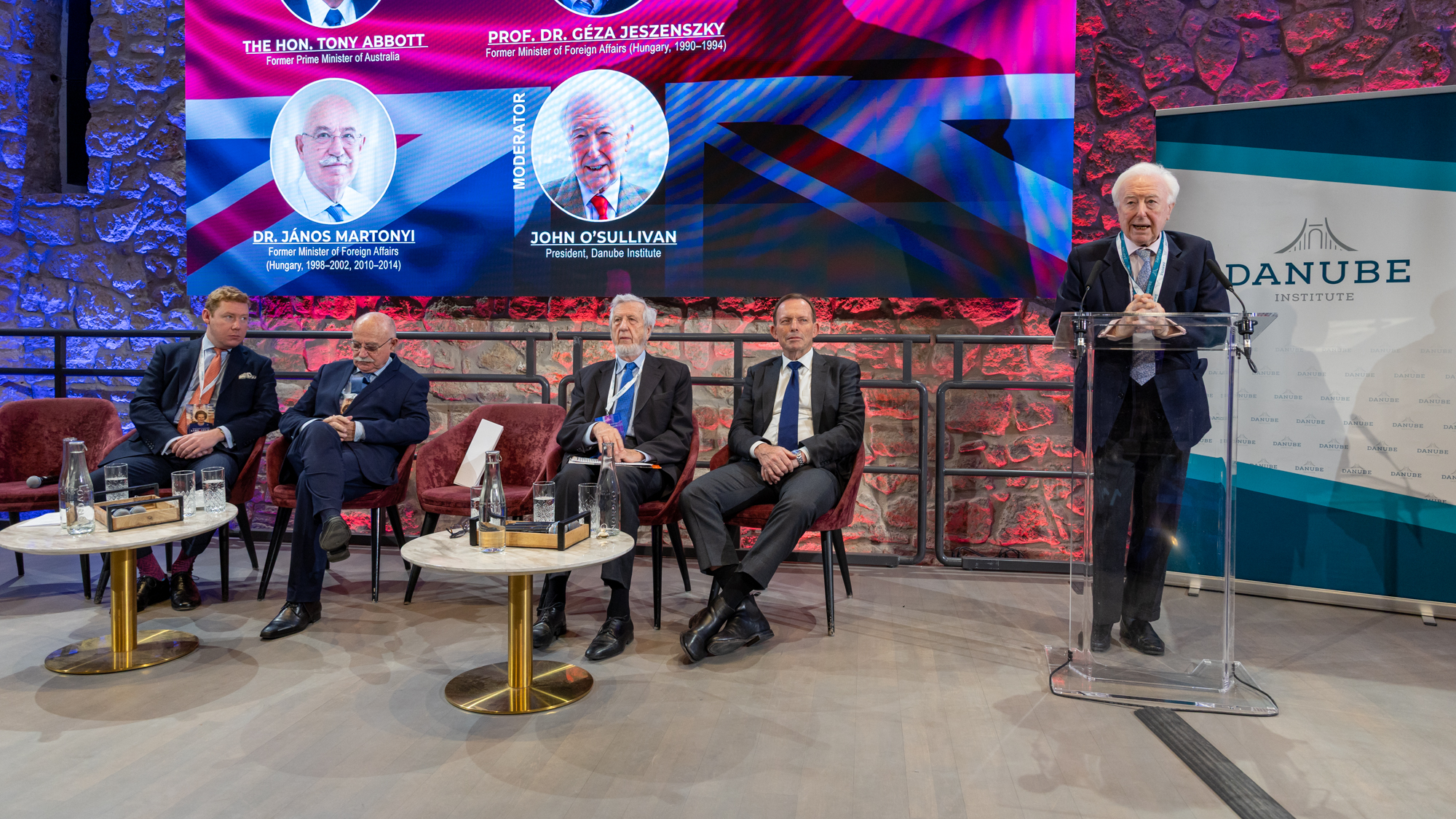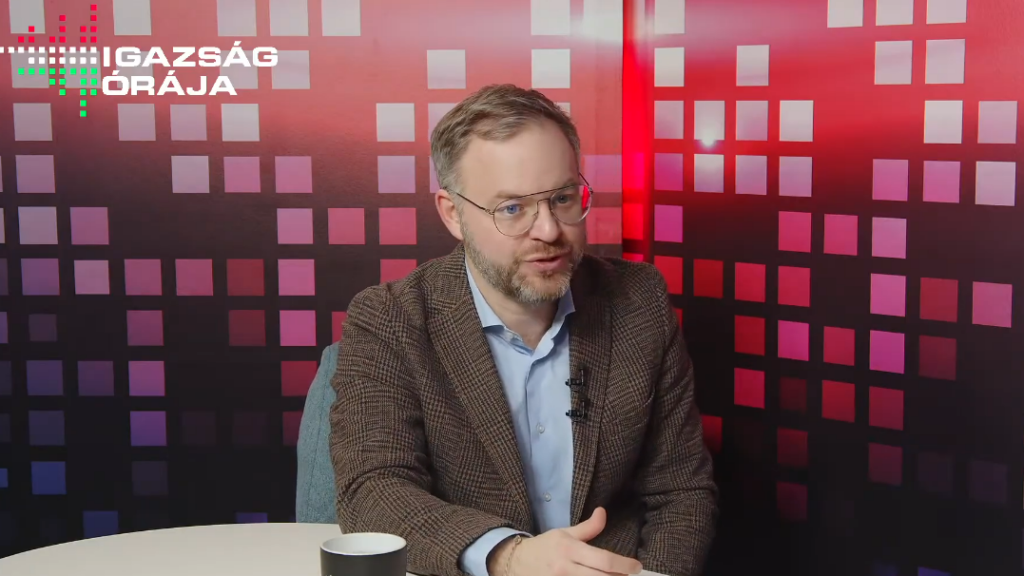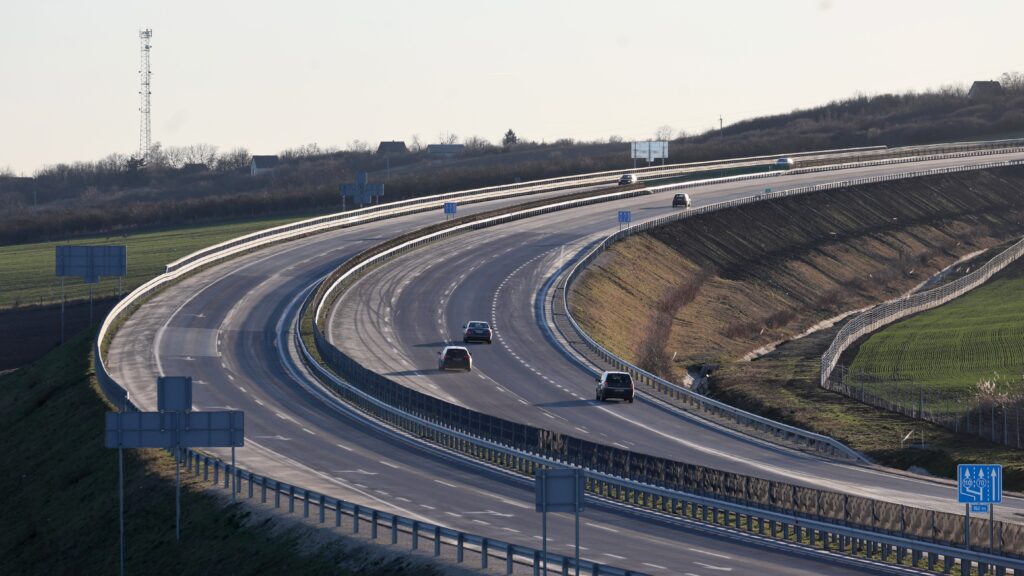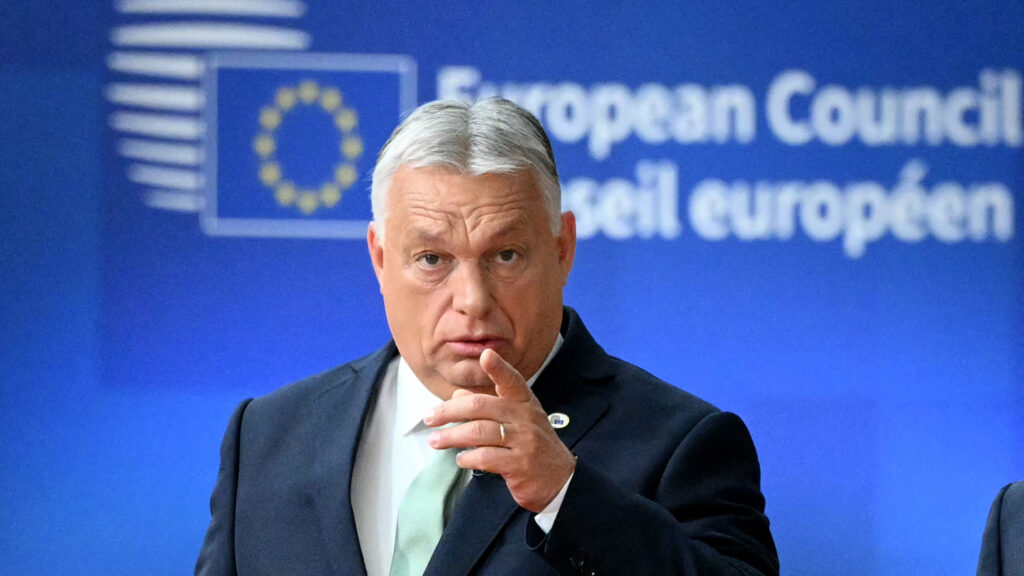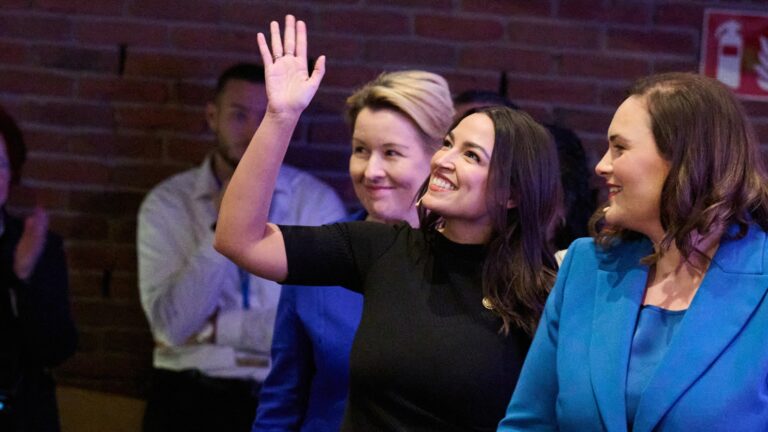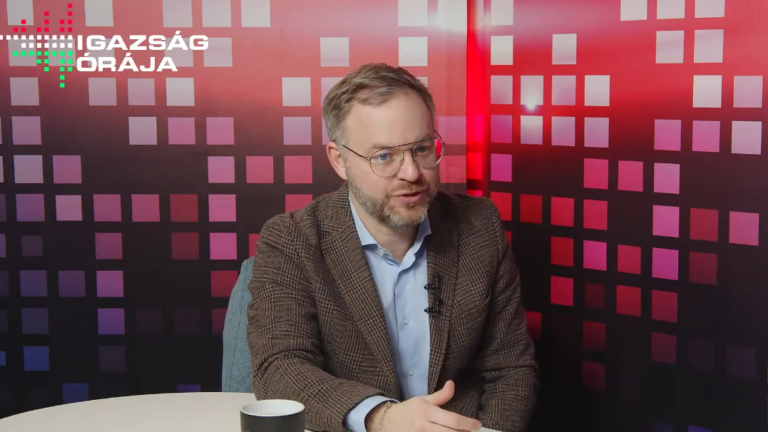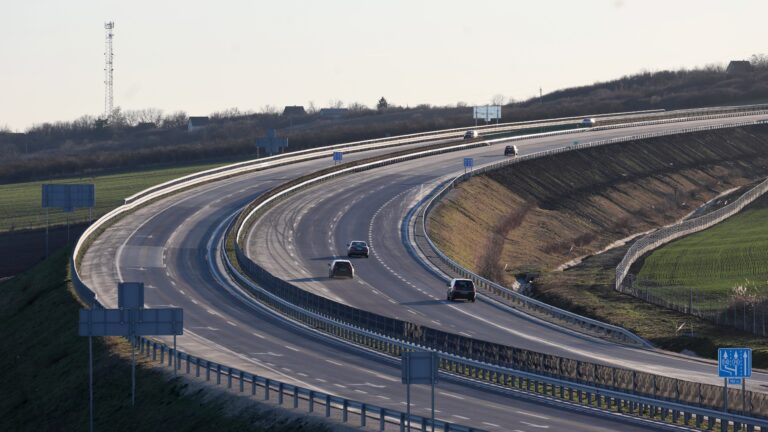The 100th anniversary of the birth of Prime Minister Margaret Thatcher of the United Kingdom, in office between 1979 and 1990, is soon approaching. She was born on 13 October 1925 in Grantham, England, United Kingdom, and passed away on 8 April 2013. On Thursday, 2 October, an event was held at the Danube Institute in Budapest, Hungary in celebration of her life and legacy.
President of the Danube Institute John O’Sullivan has a strong connection to ‘the Iron Lady’. He worked closely with her as a senior policy advisor and speech writer during her time in office. At the event, he also shared with the audience the first time he met her. He was working for the British newspaper The Telegraph as a sketch writer, when he got into a debate with then-Secretary of Education Thatcher in Parliament about a public education programme.
In his opening remarks, Mr O’Sullivan stated that not all British Prime Ministers leave lasting legacies like Miss Thatcher did. He brought up Churchill and Clement Attlee as other exemplary figures who did, but noted that the majority of them have no such mark on history. As a testament to how influential PM Thatcher was, the speaker pointed out that three biographies were published about her in the UK in the year of her death; and her life has been presented in plays, TV shows, and even a musical as well.
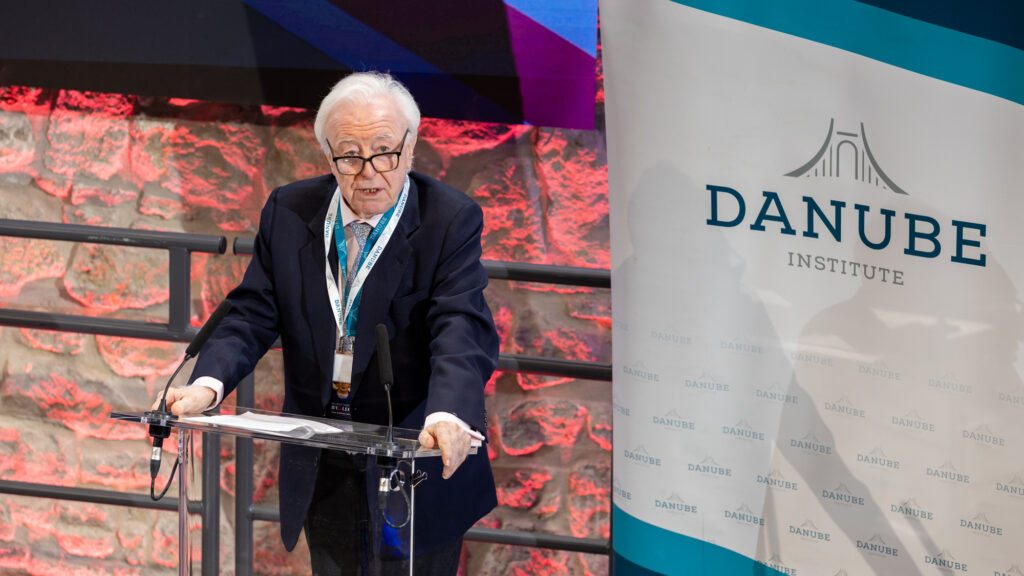
After the opening speech, a video of a conversation between Mr O’Sullivan, Charles Powell—Member of the House of Lords and Foreign Policy Advisor to Prime Minister Thatcher—and Richard Perle, former Assistant Secretary of Defense for Global Strategic Affairs under President Ronald Reagan, was shown on the big screen.
PM Thatcher and President Reagan had a famously close relationship with each other, which very much shaped the outcome of the Cold War. Mr Powell and Mr Perle agreed that the only other relationship between a British Prime Minister and a US President that matched this closeness was that of Winston Churchill and Franklin D Roosevelt during World War II.
They also shared the view that the time when PM Thatcher and President Reagan first took office—in 1979 and in 1981, respectively—things looked dire for the West in the Cold War. However, the two leaders implemented bold shifts in foreign policy that changed the tide. President Reagan, as Mr Perle reminded all, did away with the policy of détente, and switched to the strategy that was characterized by his famous words: ‘We win, they lose.’ Meanwhile, Miss Thatcher was crucial in recognizing that Premier Mikhail Gorbachev was different from the former leaders of the Soviet Union, Mr Powell pointed out. This is also commemorated by famous words, namely PM Thatcher saying: ‘This is a man I can do business with’ after meeting with Gorbachev.
The two leaders also had some differences, however, notably about the initial handling of the Argentine invasion of the Falkland Islands and the communist revolution in Grenada. Sharing some fascinating insight, Mr Perle has revealed that all of President Reagan’s most memorable remarks in his speeches during the Cold War (such as ‘the evil empire’ and ‘Mr Gorbachev, tear down this wall’) were strongly opposed by his speechwriters, as well as people in the State and Defence Departments. It was Reagan’s own insistence that ensured these historic words were actually uttered by him.
Thereafter, Former Prime Minister Tony Abbott of Australia, Former Minister of Foreign Affairs Dr Géza Jeszenszky of Hungary, and Former Minister of Foreign Affairs Dr János Martonyi of Hungary took the stage for a panel discussion.
PM Abbott listed the grave issues the West was facing when PM Thatcher took office: the long ‘stagflation’ brought on by the 1973 oil crisis, and the United States’ loss in the Vietnam War, among others. In just a decade, however, Thatcher and President Reagan managed to turn things around, the speaker highlighted. Now, he opined, the state of geopolitics is resembling a ‘second Cold War’ with even bigger threats, such as a China with a first-rate economy and rapidly improving military, a fragmented American society, and a Europe weakened by mass migration and the green agenda. He also lamented ‘the lack of leaders with a clear plan’ in the West right now. While he recognizes US President Donald Trump as a charismatic leader, he also condemns his statements that have alienated Canada and India from the United States.
Minister Jeszenszky recalled his personal experiences with Prime Minister Thatcher, whom he described as ‘one of our liberators’, in reference to her role in freeing Hungary from Soviet rule. He told the audience that he and future Prime Minister József Antall were invited by Miss Thatcher to her Downing Street residence to be advised on how to proceed with privitazation and building a new Hungary under capitalist rule, even before the 1990 election. PM Antall and the right-wing conservative MDF party ran under the Thatcherian slogan ‘Freedom and Property’ and won, just like the Prime Minister had predicted during their meeting.
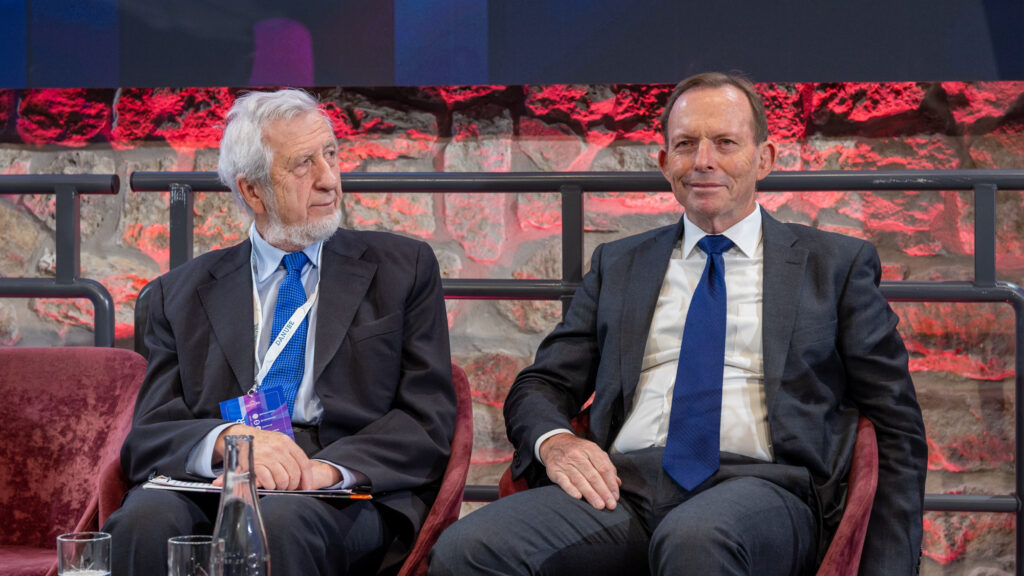
Minister Martonyi stated that the first word that comes to his mind when thinking about PM Thathcer is ‘gratitude’, for her role in ‘bringing Hungary to the West’. The British Prime Minister visited Hungary in February 1984, even before the Iron Curtain fell, and recognized that the Hungarians, despite the communist rule, ‘still had a thirst for freedom,’ as the speaker put it. He then went on to say that Thatcher was ‘an adamant defender of the free market’ who rejected the so-called ‘convergence theory’ at the time, which proposed that a ‘hybrid’ of the socialist and capitalist economic systems could exist.
Minister Jeszenszky also shared that while growing up in communist Hungary, he had great admiration for the leaders of the free West, such as US President John F Kennedy and Reagan. Both he and Minister Martonyi agreed that these strong personalities, such as that of Prime Minister Thatcher, had a major impact on shaping human history.
Related articles:

